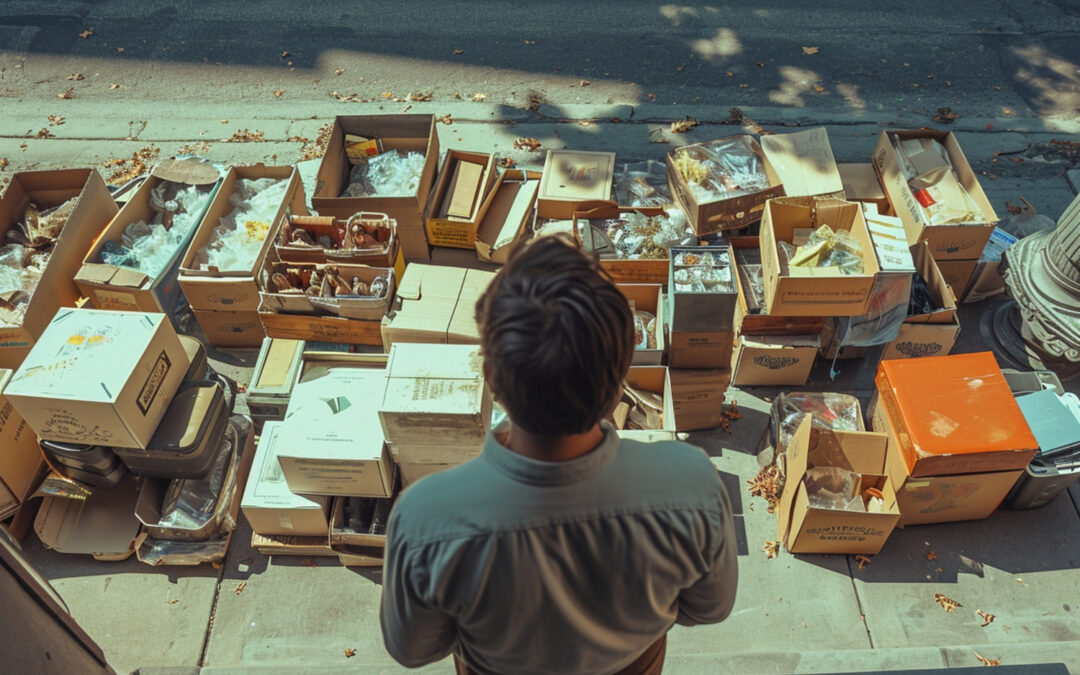Under Article 1 paragraph 9 of the Minister of Trade Regulation No. 16/2025 on Import Policy and Regulation (Permendag 16/2025), importation is defined as the activity of bringing goods into the customs territory of Indonesia. Generally, imports aim to meet domestic demand and support national economic growth.
In practice, imported goods may include both new and used items such as clothing, electronics, and vehicles. While importing used goods offers affordable alternatives for consumers, it also raises legal, economic, and environmental concerns, particularly regarding the protection of local industries and public health.
Legal Framework Governing Used Goods Imports
Article 33 paragraph 1 of Permendag 16/2025 stipulates that imported goods must generally be new. However, Article 33 paragraph 2 provides exceptions allowing the Minister of Trade to authorize imports of used goods based on:
- prevailing laws and regulations;
- ministerial authority; and/or
- technical recommendations from relevant government institutions.
Furthermore, Article 40 paragraph 2 requires that the importation of used goods be accompanied by an official certificate issued by the Director General of Foreign Trade on behalf of the Minister of Trade. The specific categories of used goods permitted for importation are detailed in Appendix I (Part A, Section II) and Appendix I (Part B) of the regulation.
However, some categories of used goods are strictly prohibited from being imported. One of the most notable examples is second-hand clothing, which is banned under Appendix II (Part IV) of Minister of Trade Regulation No. 40/2022 concerning Amendments to Regulation No. 18/2021 on Prohibited Export and Import Goods.
The prohibition is further reinforced by the Press Release of the Ministry of Cooperatives and Small and Medium Enterprises No. 81/Press/SM.3.1/IV/2023, which emphasizes that the import of used clothing harms the domestic textile industry and negatively impacts micro, small, and medium enterprises (MSMEs). Other prohibited used items include ozone-depleting substances, hazardous and toxic materials, certain finished hand tools, and medical devices containing mercury.
Import Licensing Procedure for Used Goods
Importers seeking to import used goods must obtain prior authorization from the Ministry of Trade. Pursuant to Article 11 paragraph 1 of Permendag 16/2025, the application process must be submitted electronically through the Indonesia National Single Window (SINSW) system, which is integrated with the INATRADE platform.
In accordance with Article 14 paragraph 1, import licenses (Import Approvals) must include key information such as:
- import approval number and issuance date;
- importer identification number (NIB);
- tariff code (HS code);
- item description and serial number;
- quantity and unit of goods;
- country of origin; and
- validity period (start and end date).
Thus, the importation of used goods in Indonesia is permitted only under limited circumstances, specifically for categories authorized by the Minister of Trade or supported by technical recommendations from other government agencies.
Also read: Regulations on Import Duty Exemptions for Electric Vehicles
Tax Obligations for Used Goods Imports
According to Law No. 42/2009 on the Third Amendment to Law No. 8/1983 concerning Value-Added Tax (VAT) on Goods and Services and Sales Tax on Luxury Goods, used goods are not exempt from VAT. Consequently, any transaction involving the sale or importation of used goods remains subject to VAT, provided it meets the criteria of a taxable supply of goods within Indonesia’s customs territory by a taxable entrepreneur (Pengusaha Kena Pajak).
This means that businesses or individuals engaged in the trade of used goods are still legally obligated to fulfill their tax duties in accordance with Indonesian tax law.
From a legal standpoint, the importation of used goods in Indonesia is not entirely prohibited, but it is subject to strict regulatory control. Only specific categories of used goods are allowed to enter the country, and importers must obtain prior approval from the Ministry of Trade.
This policy seeks to strike a balance between meeting consumer demand and protecting the sustainability of domestic industries. Importers, therefore, must not only comply with all applicable trade and tax regulations but also consider the broader social and environmental impacts of their business activities.***
Also read: Indonesia’s Customs Rules on Passenger-Carried Imported Goods: Duties, Exemptions, and Penalties
Regulations:
- Peraturan Menteri Perdagangan Nomor 16 Tahun 2025 tentang Kebijakan dan Pengaturan Impor (“Permendag 16/2025”).
- Peraturan Menteri Perdagangan Nomor 18 Tahun 2021 tentang Barang Dilarang Ekspor dan Barang Dilarang Impor (“Permendag 40/2022”).
- Undang-Undang Nomor 42 Tahun 2009 tentang Perubahan Ketiga atas Undang-Undang Nomor 8 Tahun 1983 tentang Pajak Pertambahan Nilai Barang dan Jasa dan Pajak Penjualan atas Barang Mewah (“UU 42/2009”).
References:
- Impor Pakaian Bekas di Indonesia, Bagaimana Legalitasnya?. Hukumonline. (Diakses pada tanggal 07 Oktober 2025 pukul 12.30 WIB).
- Penjualan Barang Preloved atau Barang Bekas Kena Pajak, Berikut Penjelasannya. Pajakku. (Diakses pada tanggal 21 Oktober 2025 pukul 10.56 WIB).
